10 of the Healthiest Vegetables You Can Eat
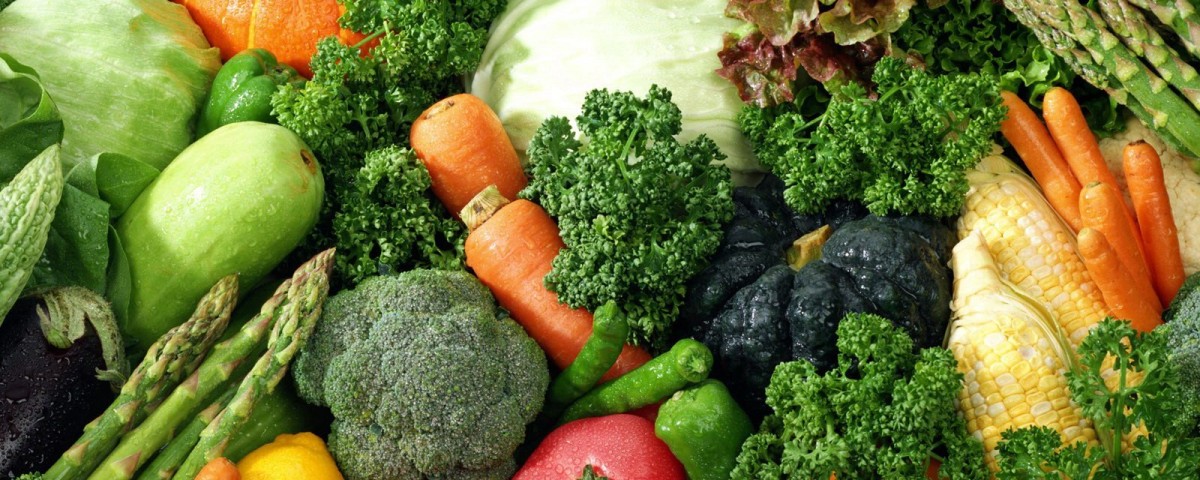
No list of healthiest vegetables would be complete without these nutritious powerhouses
Onions
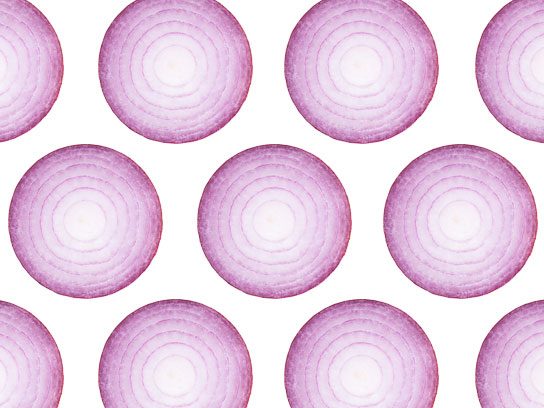 Dimitrios Stefanidis/iStock
Dimitrios Stefanidis/iStockYou’ll get the most out of this veggie’s cancer-fighting antioxidants by eating it raw; cooking onions at a high heat significantly reduces the benefits of phytochemicals that protect against lung and prostate cancer. Try combining chopped raw onions with tomatoes, avocado, and jalapeño peppers for a blood sugar–friendly chip dip. Finish with a splash of lime juice.
Corn
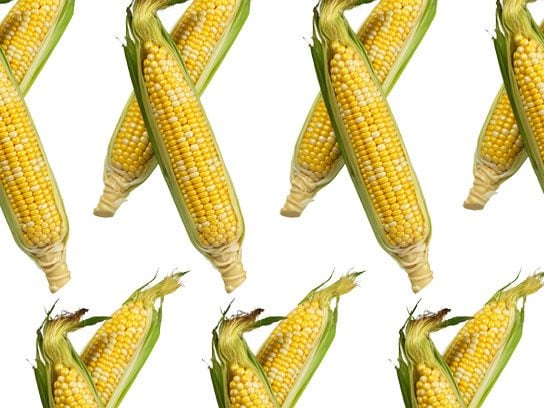 Albuquerque/iStock
Albuquerque/iStock
On the cob or off, just make sure you eat your corn cooked! A study in the Journal of Agricultural Food and Chemistry found that the longer corn was cooked, the higher the level of antioxidants like lutein, which combats blindness in older adults. Try this recipe forcoconut grilled corn.
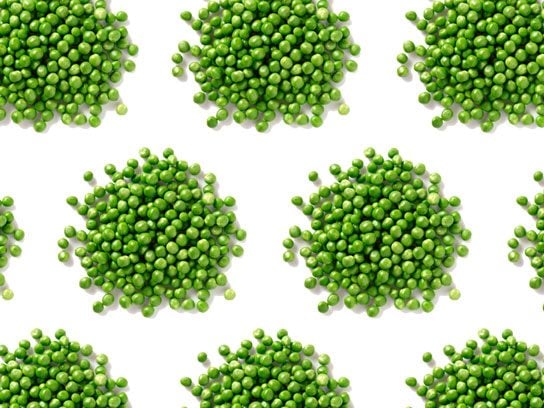 Barcin/iStock
Barcin/iStock
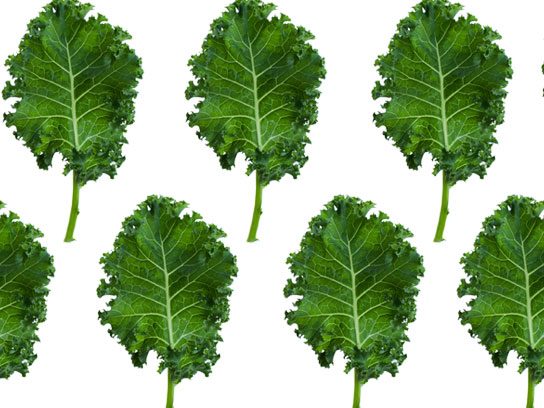 JKB/iStock
JKB/iStock
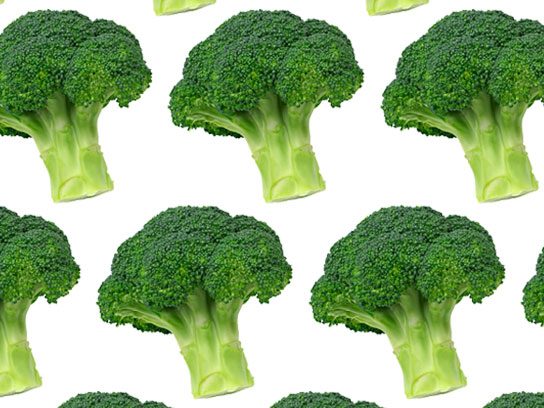 Creativeye99/iStock
Creativeye99/iStock
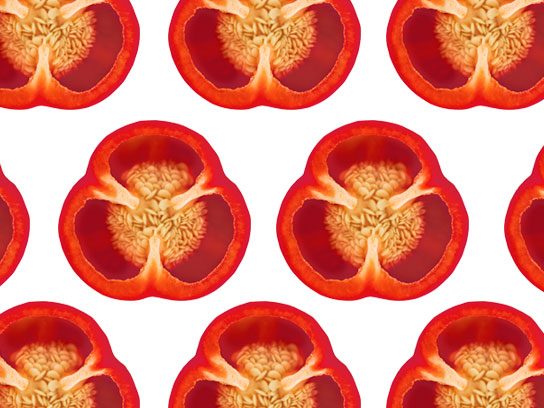 Dimitrios Stefanidis/iStock
Dimitrios Stefanidis/iStock
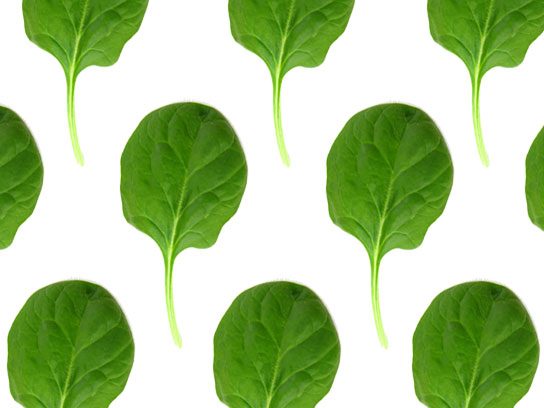 twing/iStock
twing/iStock
 Suzifoo/iStock
Suzifoo/iStock
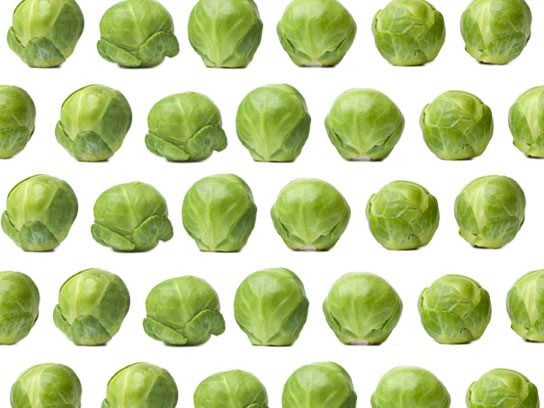 PicturePartners/iStock
PicturePartners/iStock
 Sepidehmaleki/iStock
Sepidehmaleki/iStock
Peas
 Barcin/iStock
Barcin/iStockTiny but mighty, one study in the International Journal of Cancer found that daily consumption of green peas along with other legumes lowered the risk of stomach cancer. Try a brown rice risotto with lemon and green peas.
Kale
 JKB/iStock
JKB/iStockThis veggie’s curly green leaves are chock full of vitamin C, an antioxidant that may reduce the risk of heart disease by lowering levels of LDL, or “bad” cholesterol. Try one of these easy kale recipes.
Broccoli
 Creativeye99/iStock
Creativeye99/iStockBroccoli is full of cancer-fighting antioxidants. One study found men who ate 5 servings or more per week of cruciferous veggies (broccoli’s one of them!) were half as likely to develop bladder cancers over a 10-year period as men who rarely ate them. Enjoy with some broccoli cheddar soup.
Red bell pepper
 Dimitrios Stefanidis/iStock
Dimitrios Stefanidis/iStockOne medium pepper is light on calories (only 32!) but heavy on vitamin C, providing 150 percent of your recommended daily value and warding off atherosclerosis, which can lead to heart disease. Try one of these recipes for stuffed peppers.
Spinach
 twing/iStock
twing/iStockSpinach is packed with carotenoids—antioxidants that promote healthy eyes and help prevent macular degeneration, the leading cause of blindness in older adults. Cooking the green helps make lutein (a carotenoid) more absorbable by your body. Try this spinach and goat cheese omelet.
Alfalfa sprouts
 Suzifoo/iStock
Suzifoo/iStockThis tiny powerhouse is rich in beta-carotene, an antioxidant that protects against lung cancer and helps maintain healthy skin, hair, nails, gums, glands, bones, and teeth. It’s also a good source of vitamin E, which may help prevent heart attacks, stokes, and lower the risk of death from bladder cancer. Try this chicken, avocado, alfalfa sprouts sandwich.
Brussels sprouts
 PicturePartners/iStock
PicturePartners/iStockThese balls of antioxidants can help detoxify cancer-causing free radicals, and with 80 percent of your daily vitamin C in just 1/2 cup, also help fight heart disease and ward off cataracts. Try sautéing them with a little bacon or olive oil and mustard for a smoky kick.
Beets
 Sepidehmaleki/iStock
Sepidehmaleki/iStockRoasted or pickled, this root vegetable contains high levels of antioxidants that fight cancer, as well as lutein, which protects the eyes. Don’t throw out those leaves! Beet greens are the most nutritious part of the vegetable and can be cooked like any other dark leafy green. Try one of these recipes where beets are the star.
